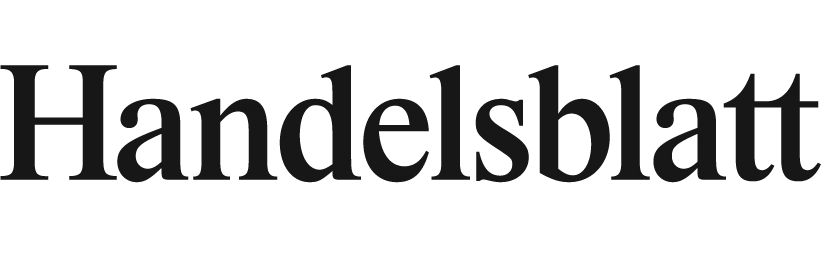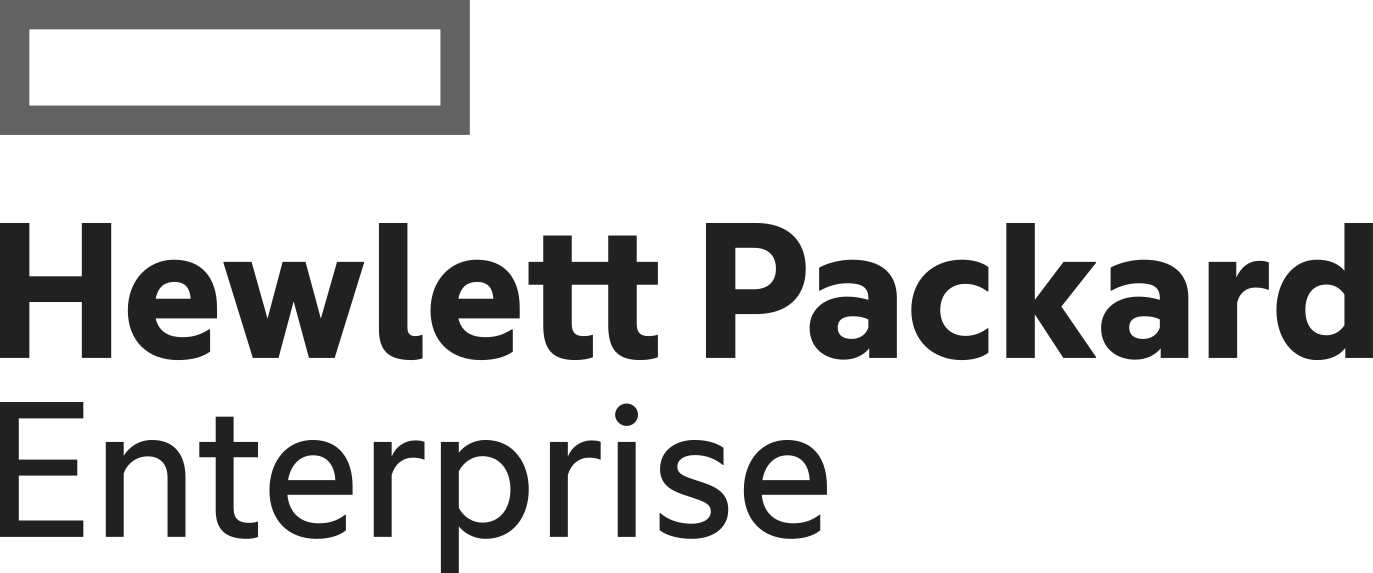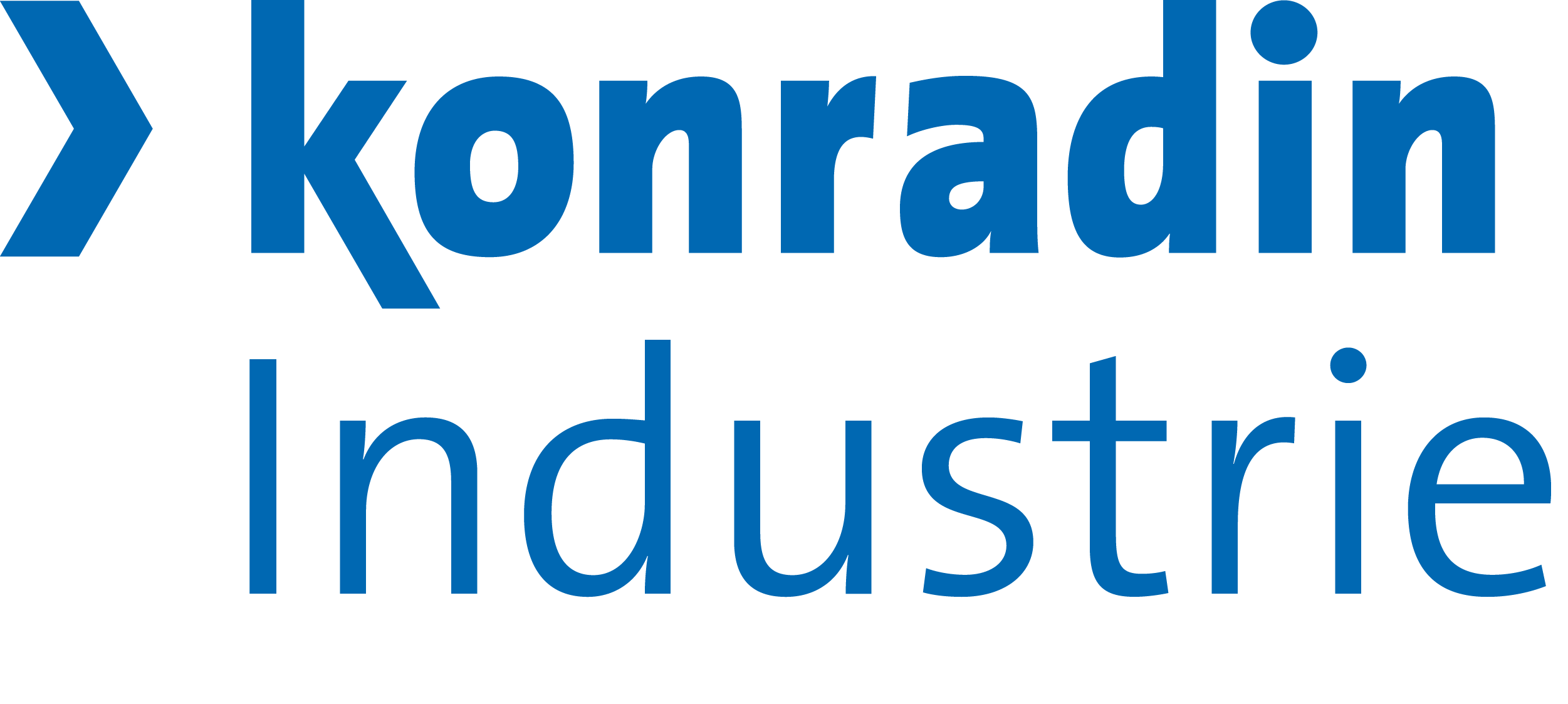Stuttgart - August 6, 2024 – The High-Performance Computing Center of the University of Stuttgart (HLRS) and the Stuttgart-based AI startup, Seedbox Ventures GmbH, have signed a long-term cooperation agreement based on their collaboration. In addition to developing large language models and researching efficient, scalable training algorithms and infrastructures, the cooperation aims to create a service that will enable the secure and cost-effective provision, use, and required quality management of customized AI models in Germany.
Seedbox, as an AI consulting and development company, will utilize the HLRS's supercomputing systems to develop innovative AI solutions for German businesses. Additionally, Seedbox and HLRS will plan a joint offering for AI applications, primarily aimed at helping companies effectively and easily access the existing supercomputing infrastructures of the state of Baden-Württemberg. This collaboration represents an important step towards the strategic alignment and operationalization of AI in Europe and has the potential to significantly contribute to the growth of a competitive and innovative European AI ecosystem.
Furthermore, Seedbox will use Hawk and future computing systems of the HLRS to train specific powerful, multilingual language models of various sizes and subsequently make them available to the AI community on an open-source basis. The insights gained from this will also provide valuable information on how to set up, operate, and scale domain-specific AI models in a cost- and energy-efficient manner on local HPC environments.
"In many companies, artificial intelligence has already become synonymous with 'innovation'," says Kai Kölsch, founder and CEO of Seedbox. "Through the use of generative AI, we are now able to achieve significant efficiencies in core business operations and unlock additional, sustainable revenue streams by developing new business models. With the help of HLRS and access to its supercomputing infrastructure, we will support companies across Germany in efficiently and securely advancing their innovation projects to the next level."
New Opportunities for Industry with Generative AI
Generative artificial intelligence has seen explosive growth since the advent of large language models (LLMs) like ChatGPT. In industry, LLMs can be utilized for a variety of applications, such as creating co-pilots and chatbots, processing and managing documents, analyzing complex data sources, or generating editorial content. These tools could also significantly reduce the time required for structured, data-driven, or repetitive tasks, thereby achieving immense efficiency gains, especially in times of skilled labor shortages. The integration of AI becomes even more relevant when applied to existing and new systems, such as CRM or ERP interfaces, knowledge databases, or as an integral component of new, innovative software solutions.
Interest in generative AI is rapidly growing among German small and medium-sized enterprises, but there will soon be a need for faster implementation. Solutions are required that reliably address challenges such as data security, data sovereignty, performance, and cost efficiency. Additionally, the most widely used LLMs are trained on English-language texts and operated by non-EU companies. Therefore, the use of local infrastructure and the secure processing of critical company data is essential from both a business and strategic perspective.
The collaboration between Seedbox and HLRS aims, among other things, to address these challenges and unlock the full potential of large language models for German industry. Dennis Hoppe, Head of the HLRS Department for Converged Computing, welcomes the partnership with Seedbox: "In recent years, HLRS has continuously expanded its capabilities to support machine learning and artificial intelligence. We look forward to working with Seedbox to gain valuable experience with LLMs and generative AI, especially since the partnership contributes not only to joint research but also to HLRS's mission to sustainably strengthen the German industry."
A World-Class Computing Infrastructure for German SMEs
Machine learning training algorithms require above-average computational power. The collaboration between Seedbox and HLRS leverages the massive computing capacity of the supercomputer Hawk, one of the most powerful high-performance computing systems in Europe. Developed by Hewlett Packard Enterprise (HPE), this system offers a peak performance of approximately 26 petaFLOPS (26 quadrillion calculations per second). With 192 NVIDIA A100 Tensor Core GPUs interconnected via NVIDIA Quantum InfiniBand networks, it also provides AI performance of around 120 petaFLOPS, making Hawk ideally suited for deep learning applications. With HLRS’s next-generation supercomputer, named Hunter, the center’s AI capacity will increase even further from the first half of 2025.
This cooperation agreement marks the first time that HLRS has entered into a partnership with an AI startup. According to Dr. Bastian Koller, Managing Director of HLRS, the collaboration is a significant step in the strategy of the High-Performance Computing Center: "With Seedbox as a strategic partner, we can not only demonstrate what is already possible with our current system, but also what will be possible with our future systems, Hunter and Herder. This way, we won’t lose any time in the race to make the best possible use of AI for science and industry."
Scalable, Secure, Local, and Maximally Cost-Efficient
The collaboration offers numerous advantages for German industry and will contribute to improving the country's digital sovereignty. Companies will benefit from software running on the most modern and powerful hardware without needing to invest in the construction and operation of their own large data centers. When developing and using AI applications based on protected or personal data, hosting data in a local, secure data center presents significantly lower risks compared to uploading data to the cloud. As one of the three publicly funded national high-performance computing centers in Germany within the Gauss Centre for Supercomputing, HLRS adheres to the highest security standards. This is ensured by its certification according to the ISO 27001 standard for information security management.
Dennis Dickmann, who has been deeply involved in AI since 2008 and is the co-founder and CTO responsible for technology development at Seedbox, sees this as a significant advantage for German companies. "Such a powerful, secure, and regional supercomputing infrastructure is a unique and extremely valuable resource. In collaboration with HLRS, we can permanently guarantee the security of our customers' data and provide them with the AI technologies they need to remain innovative and competitive."
About the High-Performance Computing Center Stuttgart (HLRS)
The High-Performance Computing Center of the University of Stuttgart (HLRS) was established in 1996 as Germany's first national high-performance computing center. As a facility of the University of Stuttgart and a member of the Gauss Centre for Supercomputing, HLRS provides its computing capacities to users from both academia and industry. HLRS operates state-of-the-art high-performance computing systems and, as an expert in the latest technologies, offers top-tier training in programming and simulation. The center conducts research on pioneering questions and technologies related to the future of high-performance computing (HPC). HLRS's expertise includes parallel programming, numerical methods for HPC, visualization, cloud computing, high-performance data analysis (HPDA), and artificial intelligence.
Hawk, along with the upcoming systems Hunter and Herder, is funded by the Ministry of Science, Research, and the Arts of Baden-Württemberg and the Federal Ministry of Education and Research through the Gauss Centre for Supercomputing (GCS).
About Seedbox Ventures GmbH
Seedbox provides customized AI solutions for the German industry. They assist companies in harnessing AI, starting from idea validation through specific model training to the development of market-ready products. Their expertise spans machine learning, deep learning, NLP, computer vision, and generative AI. In addition to their work with businesses, they place a strong emphasis on AI fundamental research and the development of open-source models to democratize generative AI as widely as possible and transform it into meaningful, customer-focused applications. They are committed to developing sustainable, ethical AI applications that not only address today's challenges but also pave the way for a better future.










